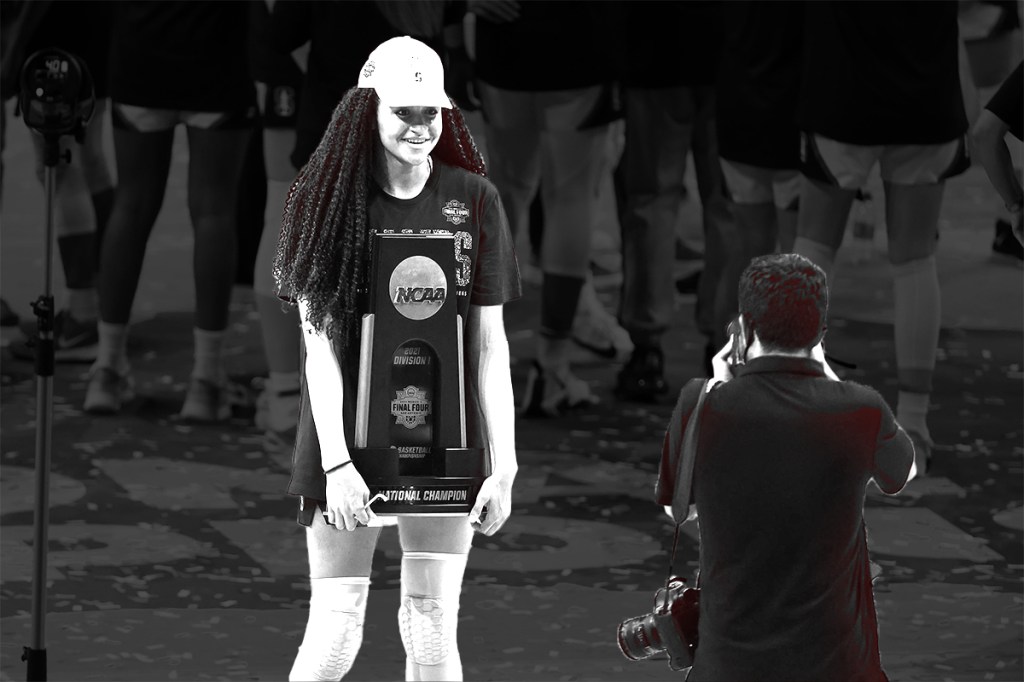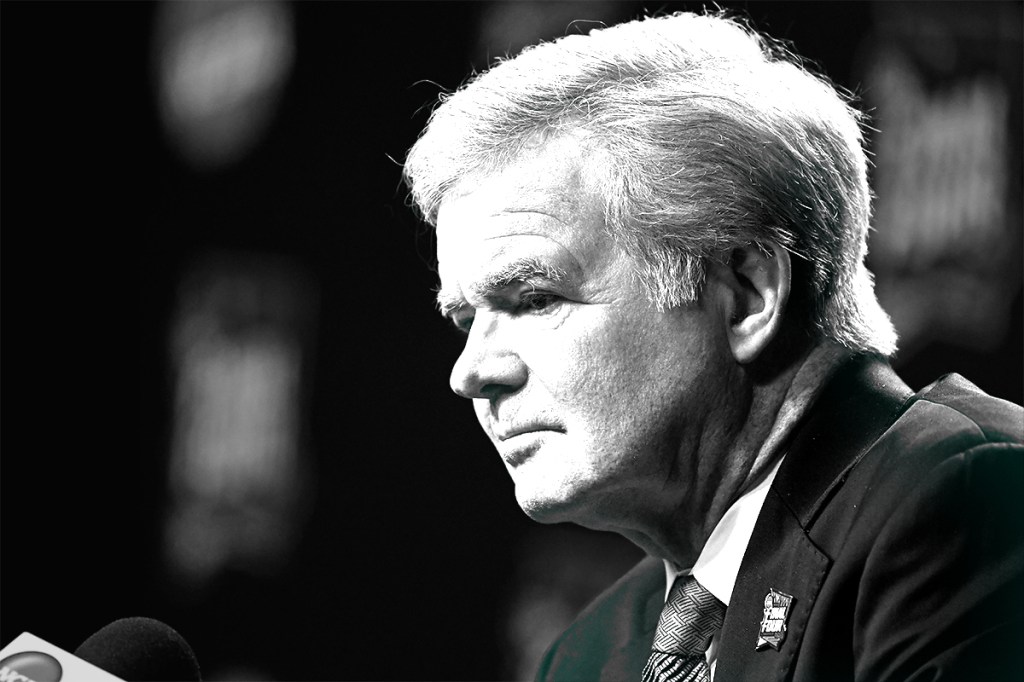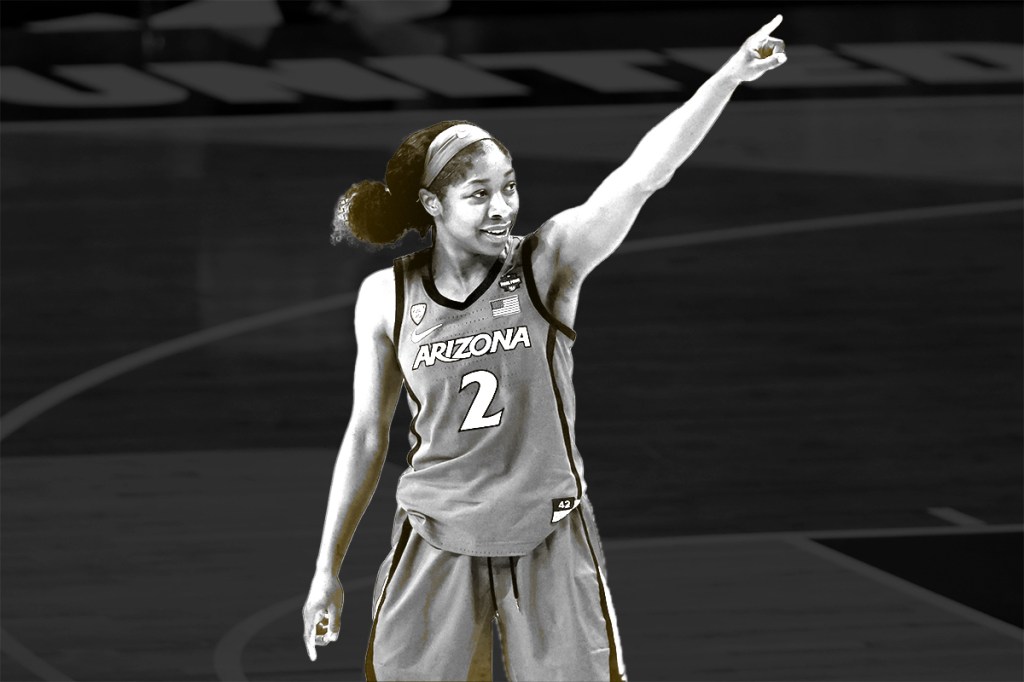Financially, the NCAA got what it wanted. It plowed through the pandemic to put on a men’s basketball tournament that brings in close to $1 billion.
But the NCAA also created a platform it probably didn’t want. Both the men’s and women’s tournaments were also the stage for athletes and coaches to criticize the ways it failed them.
Power of a Platform
The timing of the NCAA’s blunders may be critical to push reforms forward.
“I think more conversation leads to change,” Stefanie Strack, founder and CEO of the women’s sports advocacy group Voice in Sport, told FOS.
Of women’s inequities, Georgia Tech coach Nell Fortner wrote: “Thank you for using the three biggest weeks of your organization’s year to expose exactly how you feel about women’s basketball — an afterthought.”
Gender Disparities
Days before the women’s tournament even started, a social media deluge exposed everything from inadequate weight rooms to disparities in COVID-19 testing.
As a result, fitness companies offered to provide equipment — though the NCAA didn’t exactly jump at the opportunity. NCAA officials rushed to provide excuses, then eventually apologies.
And while women’s players got a better weight room, they didn’t get better tests. Women’s players suffered “quite a few” false positives as a result, coach Geno Auriemma told reporters.
Women’s coaches and players spoke out about how these inequities reach campuses too.
The #NotNCAAProperty movement quickly took up the fight, though it originally began as a movement for name, image, and likeness rights.
#NotNCAAProperty Protest
In January, the NCAA was supposed to vote on rules that would allow athletes to profit off their NIL. But the governing body postponed that vote until the NCAA v. Alston decision drops, NCAA President Mark Emmert said.
At March Madness, a group of basketball players staged the #NotNCAAProperty protest to highlight the NCAA’s inaction. They flooded Twitter with the hashtag, made and wore shirts, and caught the attention of major outlets from ESPN to The New York Times.
The attention also brought some important meetings. Sens. Richard Blumenthal (D-Conn.) and Cory Booker (D-N.J.), both outspoken athlete advocates, met with the group before the Final Four, according to announcements on Twitter. So did Emmert.





